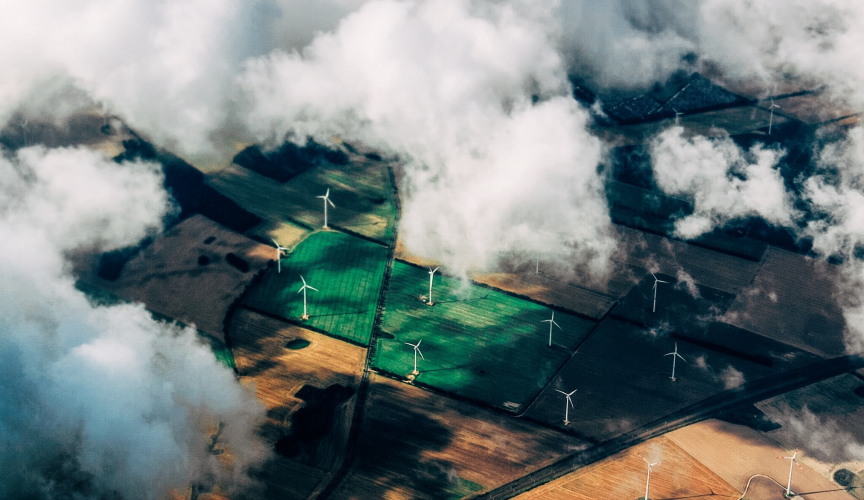
The green, sustainable energy transition accelerated by renewables
The green, sustainable energy transition accelerated by renewables is the path towards which Europe is moving. The scenario has finally changed. 2022 will surely go down in history as the year for energy debate became openly urgent.
The whole world has known for decades that energy policies were an emergency, an emergency already made clear by international political goals - such as the targets set for 2030 and 2050 included in the European Clean Energy Package – and by the many and many calls to reduce CO2 emissions and fight global warming and climate crisis.
Magaldi Green Energy: the future is renewable
The fragile international scenarios have - albeit through painful geopolitical tensions still unresolved - imposed in-depth political reflections on energy independence and the gradual abandonment of fossil fuels. The ongoing war, the energy dependence on other countries and the consequent outburst in energy prices - which has almost brought many sectors of Italian industry to their knees and subjected Italians to the nightmare of high bills - have at least the bright side of having awakened our country from a long energy slumber. Yet they were issues already under everyone's eyes. We can proudly say, for example, that Magaldi Green Energy, long before the current political emergencies arose, had intuition that investing immediately in the innovation of renewables was a necessary choice: the future is renewable. No doubts, it is integration between multiple technologies, in which storage will play a decisive role. We are proud to have intercepted with foresight such an environmentally-friendly market. The numbers - which emerge for the usual year-end budgets - speak for themselves: clean and renewable energy is a current topic all over the world.
The 60th edition of the EY Renewable Energy Country Attractiveness Index (Recai) tells us that governments around the world are working on plans to reduce energy imports, that renewables could overtake coal as early as 2025 and that global renewables energy production will increase by 2400 gigawatts between 2022 and 2027. The bet will mainly be on solar and wind power, a scenario that will undoubtedly make storage essential in the nascent energy landscape, due to its high potential to guarantee the release of energy even during the night and in the absence of wind.
Italy - in line with many other European countries - is on the right track and records positive data. The incentives for the electricity production of renewable plants tell us so. And EY, again, confirms it and tells us, for example, that in just six months Italy has risen by three positions - from 15th to 12th place out of 40 - in the global ranking of attractiveness in the renewable energy sector. While another report - "Towards Italian energy autonomy" by The European House-Ambrosetti produced in collaboration with A2A – says to us that Italy is second in terms of energy availability, while reminding us that it remains fifth last in Europe for energy autonomy, positioned with 22.5%, against the 39.5% European average in 2019.
We are definitely on the way, even if there is still a lot to do, above all to unravel some unresolved and age-old difficulties in Italy. One of these is undoubtedly the excessive bureaucracy to obtain permits. A striking indication is communicated by the national electricity grid operator Terna, which in 2022 submitting requests for around 300 gigawatts renewable initiatives in 2022m to be able to connect only 3 gigawatts by the end of the year between photovoltaic and wind, a “one in a hundred makes it” result. Too few.
However, the debate is encouraging, just some weeks ago the FAI, the Italian Environmental Fund, took a clear position in favor of an increased installation of renewable plants in Italy and against the always and in any case “no associationism" through a document - signed with Legambiente and WWF - entitled "Renewable Landscapes". The report hopes for a more constructive collaboration with the Italian superintendences and the promotion of specialized training institutions that provide landscape protection experts able to integrate the extraordinary Italian natural heritage with the innovations that current events now ask for.



